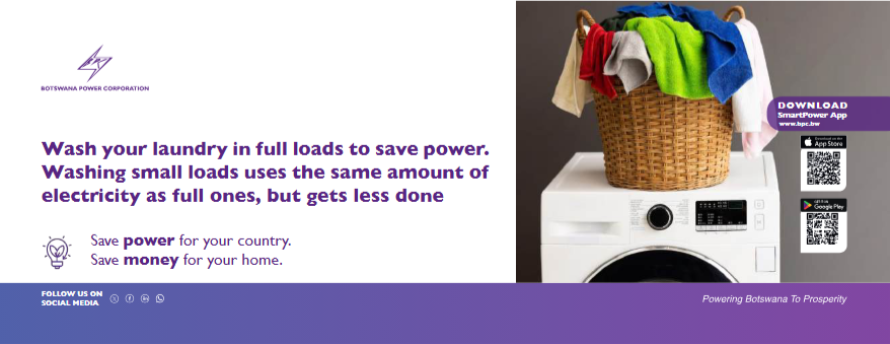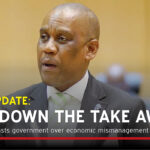A plethora of taxes and levies introduced at the beginning of this month is expected to erode consumers’ purchasing power, experts have warned.
Speaking to Voice Money, Quantitative Analyst at First National Bank Botswana (FNBB), Gomolemo Basele, said the tax pronouncements for 2021 will undoubtedly erode the purchasing power of local households in the short- to medium-term – especially against a backdrop of low real wage growth and unemployment challenges due to the negative impact of the pandemic on domestic economic activity.
According to recent data from Statistics Botswana (SB), over 15 000 people lost their jobs between the first and fourth quarter of 2020 as employment dropped by 3.1 percent, leading to unemployment rate going up by 1.3 percent, from 23.2 to 24.5 percent during the period.
“As a result, spending on necessities such as food; clothing; housing; and transport will continue to constitute the bulk of household consumption into the medium-term, especially within the lower income bracket,” said Basele.
Basele said they expect that the inflationary impact of these developments – with the increase in Value Added Tax (VAT) expected to exert upside pressure across a host of items within Consumer Price Index (CPI) basket – will see the headline figure averaging between 3.4 percent and 3.6 percent this year (compared to 1.9% in 2020).
He stressed that the increase in taxes (VAT, sugar tax, fuel levy increases along with higher electricity tariffs and the possibility of higher rental rates) will exert pressure on household disposable income levels.
The increase in these taxes comes as government attempts to boost its coffers which have seen revenue dwindle in the past years, with the situation having been exacerbated by the outbreak of Covid-19 which negatively affected minerals revenue, Botswana’s key revenue earner.
“The government coffers were not sheltered from the disruption caused by the Covid-19 pandemic, as reflected by severely reduced mineral revenue in the 2020/21 fiscal year, along with the expectation of reduced SACU receipts over the next two years,” explained Basele.
On the other hand, Basele said the pandemic necessitated increased operational expenditure over the 2020/21 fiscal year, with government expenditure expected to continue outstripping revenues over the medium-term.
“Beyond borrowing both domestically and externally, the need for additional revenue necessitated the increases in taxes for certain items – supported by the fact that Botswana has maintained some of the lowest tax rates within the region, especially in the line of VAT,” he said.
kabelo@thevoicebw.com
@Kabelo_Adamson

















